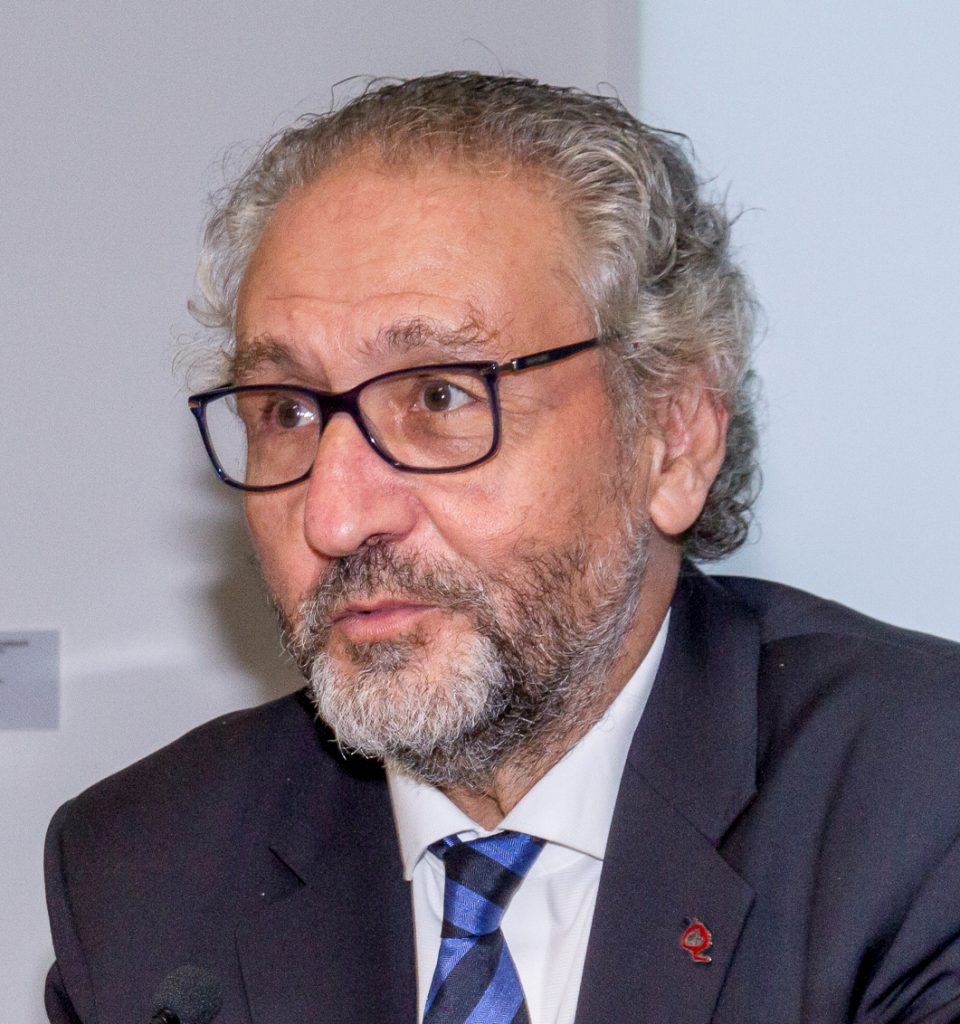20/03/2018
Azael Fabregat Llangostera, director of Terres de l'Ebre Campus
“We have the economic and social conditions to become a knowledge region”

Which are the principal strenghts of the Terres de l’Ebre campus?
Since its foundation, the Terres de l’Ebre Campus has promoted the Third Mission of the Universitat Rovira i Virgili, which supports the regional development of Southern Catalonia. The Campus’ most evident strength is therefore its ability to listen to the demands of society and make them a reality. The university thus acts as a unifying element in the region.
Which are the most immediate challenges facing the campus?
To ensure that the University remains an open, intuitive and imaginative institution that accompanies people on their path towards knowledge. Furthermore, we are pleased by the fact that the activities we have promoted after listening to the demands of society have also been supported by other stakeholders in territory. Examples of are the Summer University, the Employment Forum, the Thursdays at Campus programme, the Group 2027conferences…
What is your assessment of contribution by the Terres de l’Ebre campus and, more generally, by the URV to the project of turn Southern Catalonia into a knowledge region?
I think it is very positive. Both the Terres de l’Ebre Campus and the University in general are institutions that approach their challenges head on. It is also worth mentioning that the Terres de l’Ebre Campus is a kind of “pilot scheme”, that is, a laboratory that has been developing the concept of the knowledge region since its foundation.
Which are the principal benefits to the Terres de l’Ebre Campus of taking part in the knowledge region?
The knowledge region provides an opportunity to collaborate and network with other institutions, to mix different disciplines and to create interesting new initiatives. A good example is the emergence of technological start-ups as a result of the Campus’ activities with a wide range of other stakeholders.
What role should the Terres de l’Ebre campus play in the knowledge region?
The social transformations in the region oblige us to carry out scientific, sociological and cultural research to find tools that will allow us all to advance towards a shared identity and reality. This is and must be the main role of the Campus and the University.
What impact would it have for the Terres de l’Ebre Campus to take an active role in knowledge region?
The ideas and objective of Terres de l’Ebre Campus are aligned with the ideas of the Chair for University and Knowledge Region.
What role should universities play in the regional governance system that will be developed?
The University must be ahead of society, anticipating needs and weaknesses that perhaps have not been directly addressed. However, rather than specific mechanisms or entities of governance, at the Terres de l’Ebre Campus we have always believed that the best form of governance is one that emerges naturally. This is what lies behind the success of Terres de l’Ebre Campus.
What proposals would you make to encourage other organisations to get involved?
The Terres de l’Ebre campus has always provided a conduit for collaborations between different organisations, for example town halls, chambers of commerce, the Hospital Verge de la Cinta, nearby territories, etc. The 2027 Group is the clearest example of organisations coordinating their efforts to encourage change. The Biosphere Reserve project is also an example of successful cooperation between organisations with a common objectives.
What are the strongest economic sectors in the Terres de l’Ebre region? Which sectors do you think need to be strengthened from the point of view of knowledge economy?
Each part of the region has specific characteristics that need to be developed and enhanced if it is to increase its overall competitiveness. The character of the Terres de l’Ebre is particularly influenced by the river after which it is named. For example, the agri-food industry is a benchmark because 80% of the oil produced in Catalonia is produced in Terres de l’Ebre. In addition, we have two of the most important rice chambers (an association of business people to promote commercial interests on rice) in Catalonia. Therefore, we need focus our resources on enhancing these strengths and other, such as the furniture and energy sectors.
Do you think Southern Catalonia will evolve into a knowledge region?
I am fully convinced of it. We have the economic and social conditions necessary. The University is still in the initial stages of its development and is becoming a kind of laboratory of ideas. It is essential for it to be the driving force behind this model so that, as I said earlier, we can respond to society’s needs.
